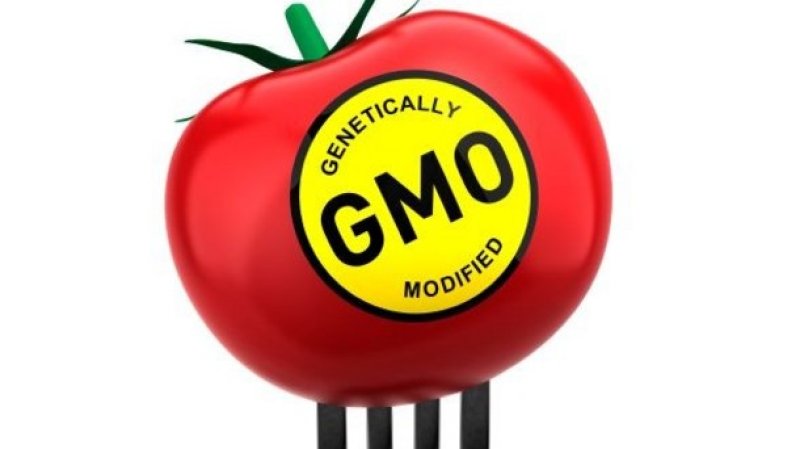In a survey of 1,330 people in England, published in the European Journal of Cancer, most people correctly said smoking was a cause.
But increasing numbers are getting the risk factors wrong.
…
Researchers at University College London and the University of Leeds carried out the survey and found that more than 40% wrongly thought that stress and food additives caused cancer.
One-third incorrectly believed that electromagnetic frequencies (35%) and eating genetically modified (GM) food (34%) were risk factors, while 19% thought microwave ovens and 15% said drinking from plastic bottles caused cancer, despite a lack of good scientific evidence.
…
Dr Samuel Smith, from the University of Leeds, said: “It’s worrying to see so many people endorse risk factors for which there is no convincing evidence.
“Compared to past research, it appears the number of people believing in unproven causes of cancer has increased since the start of the century, which could be a result of changes to how we access news and information through the internet and social media.”
He added: “It’s vital to improve public education about the causes of cancer if we want to help people make informed decisions about their lives and ensure they aren’t worrying unnecessarily.”
Read full, original post: Fake cancer causes belief ‘rife’, research suggests































